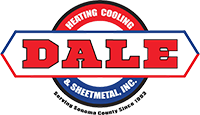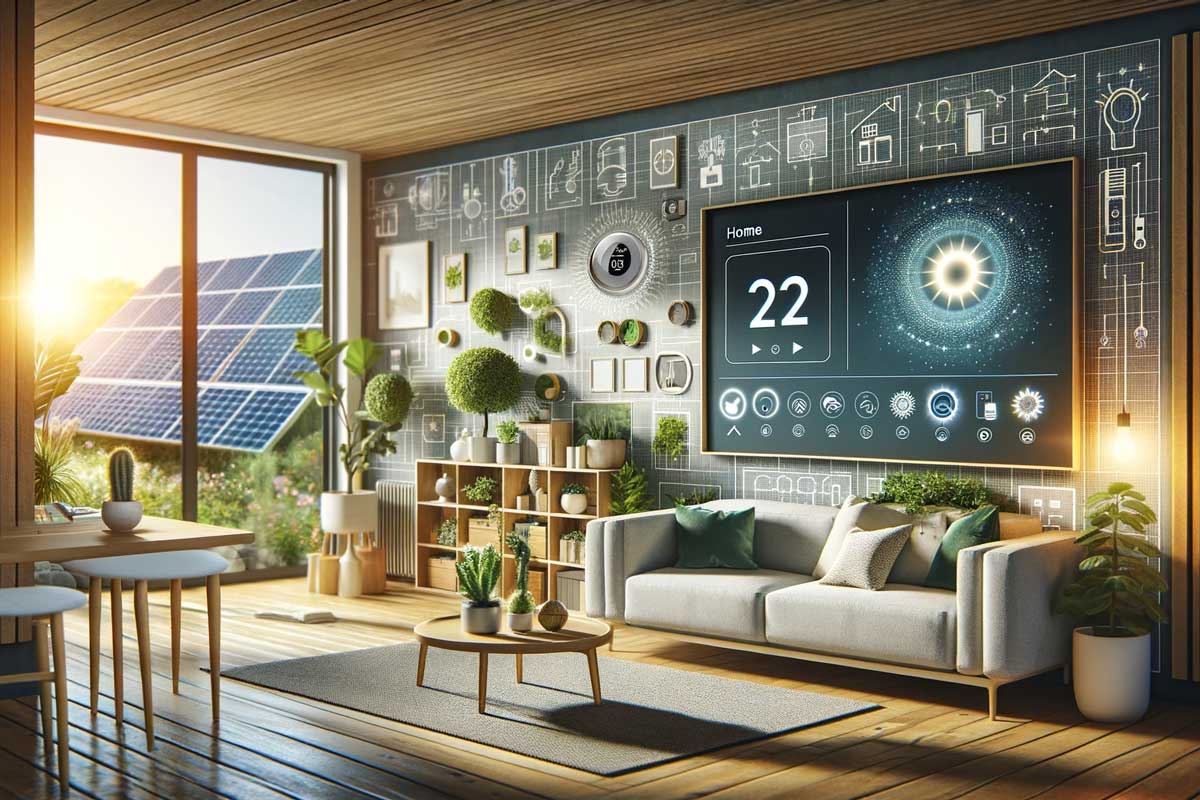The state of home heating, ventilation, and air conditioning (HVAC) is rapidly evolving, thanks in large part to advancements in home automation technology. These innovations are not only enhancing the way we control our indoor environments but are also offering significant improvements in energy efficiency, convenience, and even the quality of the air we breathe. As we delve into the world of home automation HVAC trends, it’s essential to understand the key developments shaping this transformation and how they impact homeowners and the industry at large.
| Topic | Key Points |
|---|---|
| Connectivity and Predictive Maintenance | IoT devices, smart thermostats, and sensors for enhanced control and maintenance. |
| Sustainable and Eco-Friendly Systems | High-efficiency systems, green cooling, and the rise of geothermal and ductless technologies. |
| Digitalization and Smart Integration | Remote monitoring, predictive analytics, and mobile applications for optimal system management. |
As we explore these trends further, it becomes clear that the future of HVAC lies in smart, efficient systems designed to meet modern homeowner’s needs. Let’s dive into the connectivity and predictive maintenance technologies that are setting the stage for a new era in home climate control.
Connectivity and Predictive Maintenance
The integration of Internet of Things (IoT) devices into HVAC systems has revolutionized the way we monitor and control our home environments. Smart thermostats and sensors now allow for the remote adjustment of temperatures, humidity levels, and air quality, providing unprecedented convenience and efficiency. These technologies not only learn from our habits but also communicate with other smart devices to create a cohesive, automated home ecosystem.
- Smart thermostats for intuitive climate control
- IoT sensors for real-time environmental monitoring
- Predictive maintenance to prevent system failures
This connectivity extends beyond convenience, enabling predictive maintenance that can foresee and address potential system issues before they escalate. By analyzing data from connected devices, HVAC systems can now alert homeowners and technicians to inefficiencies or malfunctions, ensuring that small problems don’t turn into bigger, costlier ones.
As we’ve seen, the integration of IoT and smart devices into HVAC systems is transforming how we interact with our home environments. This is just the beginning; however, as we move towards more sustainable and eco-friendly HVAC solutions, the focus shifts towards minimizing environmental impact while maximizing efficiency.
Did You Know?
The U.S. smart thermostat market is projected to grow significantly, from $1.27 billion in 2022 to $3.86 billion by 2029, at a Compound Annual Growth Rate (CAGR) of 17.2%.
Sustainable and Eco-Friendly Systems
The shift towards sustainability in the HVAC industry is driven by a growing awareness of environmental issues and the desire for cost savings through energy efficiency. Innovations such as variable refrigerant flow (VRF) systems, geothermal heating and cooling, and ductless technologies are at the forefront of this movement. These systems not only reduce the carbon footprint of heating and cooling our homes but also offer significant long-term savings on energy bills.
The demand for green cooling solutions and natural refrigerants is on the rise, reflecting a broader trend towards eco-friendly technologies that don’t compromise on performance. The use of geothermal heat pumps, for example, utilizes the stable temperatures of the earth to provide heating and cooling in a highly efficient manner.
This commitment to sustainability is reshaping the HVAC industry, with both consumers and manufacturers prioritizing green technologies. As we continue to innovate and adopt eco-friendly solutions, the potential for reducing our environmental impact while enhancing home comfort is immense.
Embracing these sustainable practices not only benefits the planet but also aligns with consumer demand for more environmentally responsible options. Next, we’ll explore how digitalization and smart integration are further advancing the capabilities of HVAC systems, offering even greater control and efficiency.
Digitalization and Smart Integration
The digital transformation of the HVAC industry is leveraging technologies like remote monitoring, predictive analytics, and mobile applications to redefine system management and maintenance. These advancements enable homeowners and technicians to access real-time data on system performance, anticipate maintenance needs, and even resolve issues remotely.
Digital tools and platforms are streamlining the operation of HVAC systems, allowing for more precise control over heating, cooling, and air quality. This not only improves the user experience but also contributes to energy conservation and cost savings. The ability to monitor and adjust HVAC systems from anywhere, at any time, represents a significant step forward in home automation.
The integration of these digital solutions into HVAC services is facilitating a shift towards more proactive and preventative maintenance approaches. This not only enhances system reliability and longevity but also ensures optimal performance and comfort for homeowners.
The advancements in digitalization and smart integration are revolutionizing the way we manage and maintain our HVAC systems. As we look towards the future, these technologies promise to deliver even more personalized and efficient home climate control solutions. Now, let’s wrap up our exploration of home automation HVAC trends and consider the implications for homeowners and the industry.
Conclusion
The evolution of home automation HVAC trends is fundamentally changing the way we heat, cool, and ventilate our homes. From the enhanced connectivity and convenience offered by IoT devices to the environmental and financial benefits of sustainable systems, these advancements are setting new
standards in efficiency, comfort, and control. As we embrace these trends, the role of knowledgeable and skilled HVAC professionals has never been more critical. From installation and maintenance to repair and upgrades, the expertise of HVAC technicians is essential in navigating this new landscape and ensuring that systems are not only up-to-date but also optimized for performance and sustainability.
As we move forward, the importance of staying informed and adaptable to these changes cannot be overstated. Homeowners looking to modernize their HVAC systems or seeking guidance on the latest in home automation trends can benefit from the expertise of local, family-owned HVAC service providers like Dale HCS. With a commitment to quality, service, and innovation, these professionals are well-equipped to meet the evolving needs of their communities.
Final Thoughts
If you’re intrigued by the possibilities of home automation for your HVAC system or have questions about how to make your home more energy-efficient and comfortable, don’t hesitate to contact Dale HCS, your local Sonoma County expert. As a local, family-owned company, Dale HCS values service and is dedicated to providing the community with the latest in HVAC solutions. Reach out today to learn how we can help you navigate the future of home climate control.

